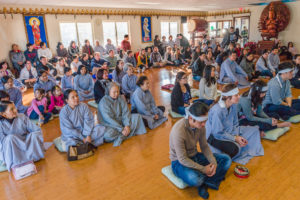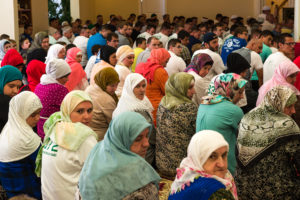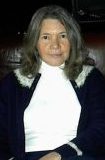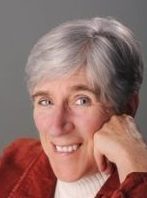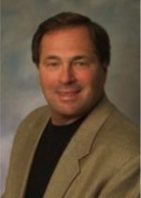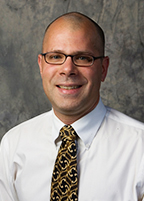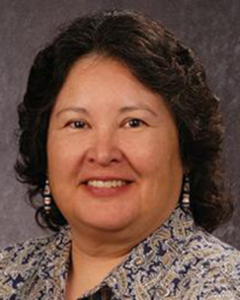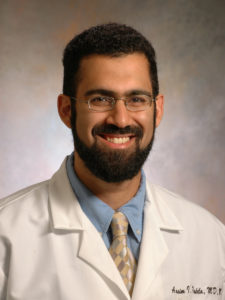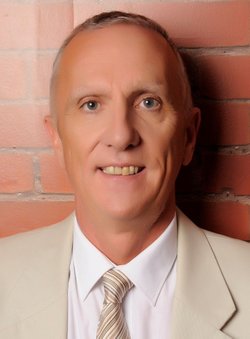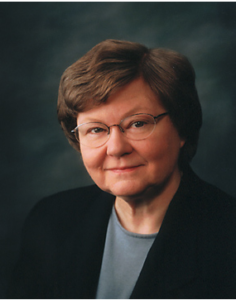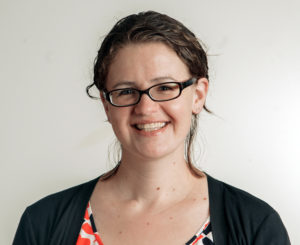
Miracle stories are a phenomenon shared by all major religious traditions. What is a rational person to think in the face of this phenomenon? In this lecture, Professor Zwier will survey some of the ways in which philosophers have analyzed the concept of miracles and grappled with the question of the proper epistemic stance toward miracle reports.
Professor Zwier’s research deals with philosophical and scientific methodology as well as metaphysics of science. She concerns herself with questions about how—and if—metaphysical claims are engaged by empirical scientific methods. Her areas of specialty include philosophy of causation, history and philosophy of physics, and science and religion.
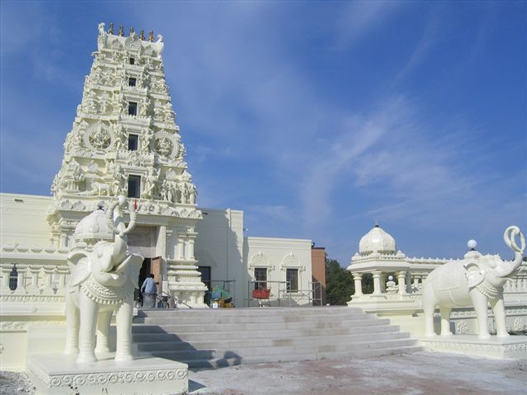
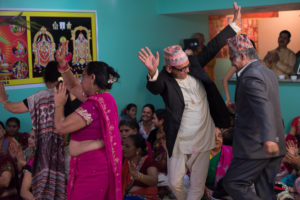 Our next “Meet My Religious Neighbor” open house is on Saturday, September 2nd, from 6-8pm. It will be held at the home of one of the members of the Hindu Cultural and Educational Center at 2513 E. Porter Ave in Des Moines. (This Hindu community does not yet have its own temple.)
Our next “Meet My Religious Neighbor” open house is on Saturday, September 2nd, from 6-8pm. It will be held at the home of one of the members of the Hindu Cultural and Educational Center at 2513 E. Porter Ave in Des Moines. (This Hindu community does not yet have its own temple.)
